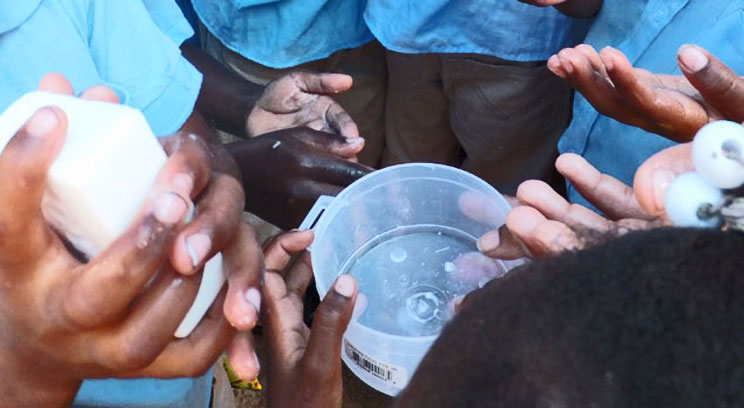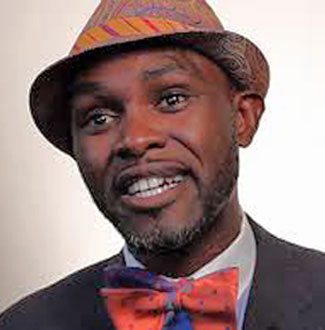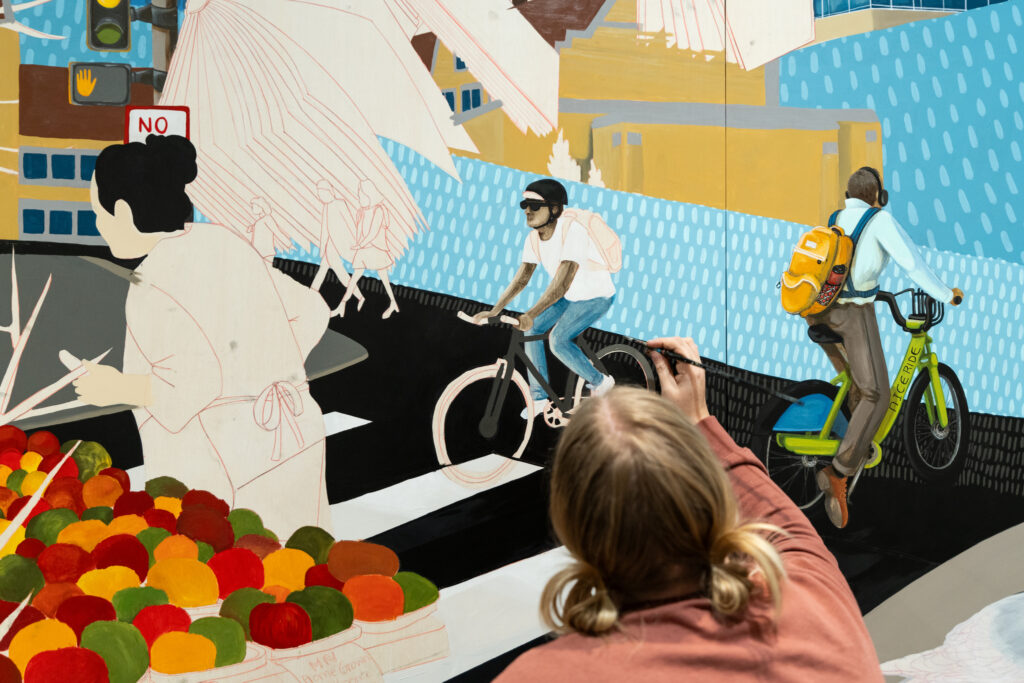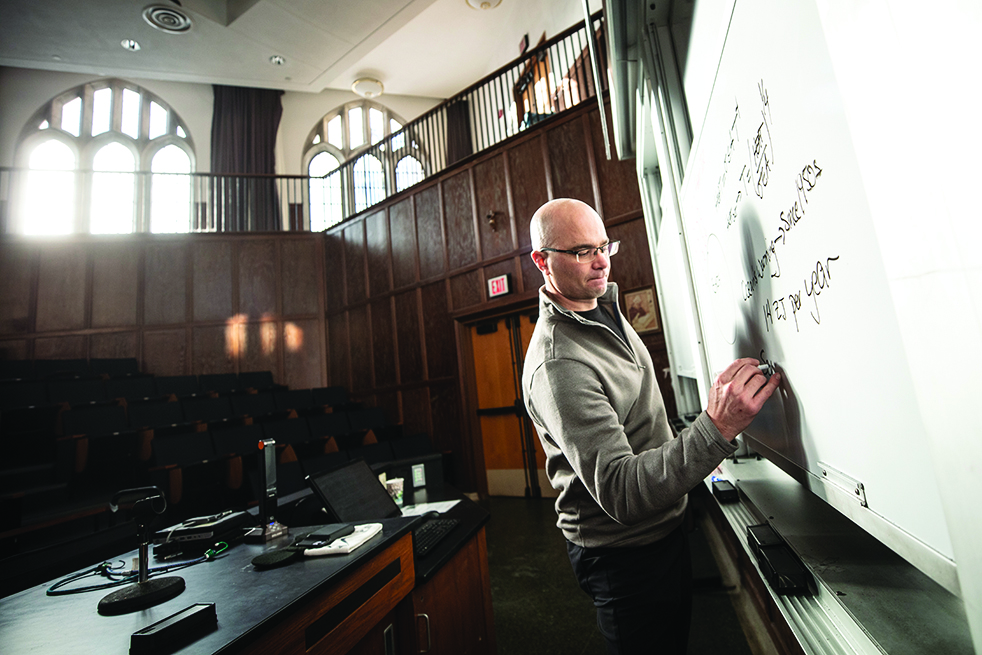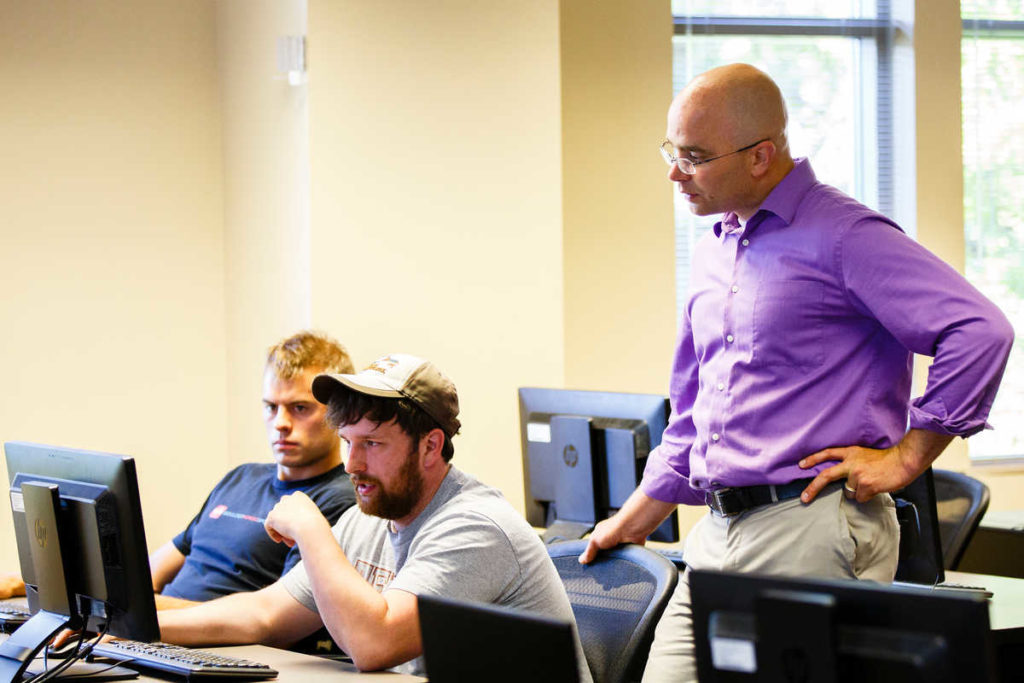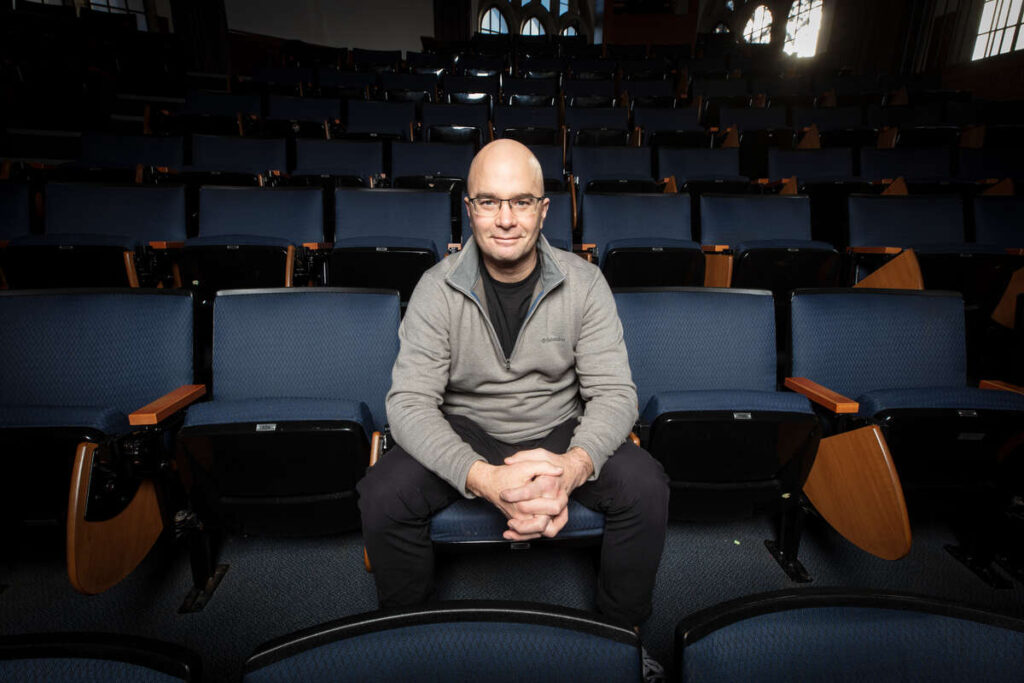A refugee from Uganda who figured out how to save the lives of poor children around the world by collecting millions of used bars of soap from hundreds of U.S. hotels will share his story in an upcoming lecture at the University of St. Thomas.
Derreck Kayongo, whose family fled Uganda during the Idi Amin era and is now a U.S. citizen, will talk on “Tapping Your Power to Create Social Change” at 7:30 p.m. Monday, May 13, in Woulfe Alumni Hall North of Anderson Student Center, located on the university’s St. Paul campus.
His talk, free and open to the public, is sponsored by the University Lectures Committee at St. Thomas.
Kayongo came up with the idea for his Atlanta-based Global Soap Program in the early 1990s when he first arrived in the United States and stayed in a Philadelphia hotel. Puzzled by the new bar of soap left in his bathroom each day, he tried to return it to the concierge because he thought he was being charged for it. “When I was told it was just hotel policy to provide new soap every day, I couldn’t believe it.”
He told the story to his dad, a former soap maker in Uganda.
“My dad said people in America can afford to throw it away. But I just started to think, ‘What if we took some of this soap and recycled it, made brand new soap from it and then sent it home to people who couldn’t afford soap?’” he told CNN, which two years ago named him one of its Top 10 CNN Heroes.
Kayongo started the Global Soap Program in 2009 with his wife, friends and Atlanta-based hotels. Now 1,100 hotel properties around the country are collecting up to 7,500 pounds of used soap bars weekly that are shipped to an Atlanta warehouse where volunteers clean, reprocess and package the bars.
“We do not mix the soaps because they come with different pH systems, different characters, smells and colors,” he told CNN. “We sanitize them first, then heat them at very high temperatures, chill them and cut them into final bars. It’s a very simple process, but a lot of work.”
The program is producing up to 30,000 new bars of soap per week. They are distributed for free, along with hygiene education, to refugees, disaster victims, homeless families and people living in extreme poverty in the United States and nearly 30 countries around the world.
While Kayongo has become a U.S. citizen and college graduate, he knows from experience that many refugees, in Africa and elsewhere, lack access to basic sanitation.
Washing hands, he says, is the most effective and inexpensive way to prevent diarrheal and respiratory infections that take the lives of more than 2.4 million children each year.
“Our innovative model means our hotel partners can save money on disposal costs and receive a tax deduction, all while helping people in need around the world,” said Sam Stephens, executive director of the Global Soap Project. “It’s a win-win for the environment, global health and business.”
In addition to his work with soap, Yayongo has worked as a program director for Amnesty International, American Friends Service Committee and CARE International.
More information is available at the Global Soap Project website.
